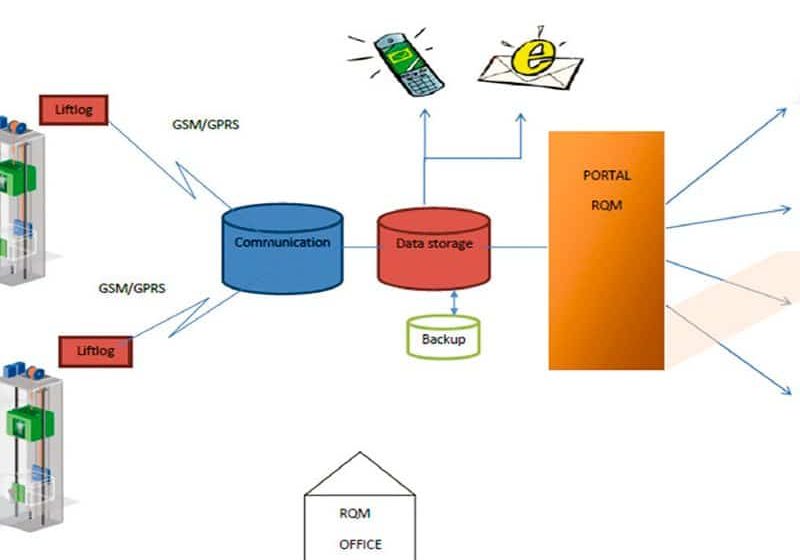It is with great sadness that the Elevator World, Inc. staff and the international industry mourn the unexpected loss of Robert S. “Bob” Caporale, who was our editor for more than 20 years. He died of cancer on September 5. Bob was not just a writer of elevator lore – he was a husband, a father, a grandfather, a New Yorker (even after he moved to Alabama), a draftsman, an engineer, a third-generation Italian, a jazz musician and much more. He chose to keep his illness private from all but family and a few friends and to not accept treatment.
Bob was a very passionate person, and those who worked with him often got caught up in the moment. When that happened, you could count on a lot of arm waving on the Caporale side of it. Twenty-four years ago, when it came time to hire someone to work with my father as associate editor, he sent me to New York City to interview Bob. We met for breakfast, and he told me he had always wanted to work for Elevator World. It was clear he cared deeply about the industry and wanted to be a part of the perpetuity of the magazine. There were many ups and downs in those years of working together, when the Hungarian in me and the Italian in him disagreed, but I always knew he was proud of the magazine and the direction we were going — and we always ended up friends. His “In Memoriam” is on page 42, and next month, we will share many of the letters and emails that have poured in.
In the 20-some-odd years Bob was editor, he wrote many times about the subject of maintenance. It was a pet peeve and a subject of great importance to the industry. So, it is appropriate that Maintenance is our focus this month.
In Formula for Success, Craig Zomchek proposes that it is the contractors’ job to educate building owners, then give mechanics the time to do the job and a good maintenance control plan. In Top Tips for Lift Maintenance, John Roberts encourages the same thing, including “planned regular servicing” and using new online tools. Luc Rivet discusses one of those tools in Remote Monitoring for All. Usable on any system, it has already turned up some remarkable elevator facts, like “25% break down 10-30 times annually.” Tim Ebeling and Martin Hauk discuss another such tool in a paper presented at this year’s Elevcon, Results of a Field Trial Aiming at Demonstrating the Permanent Detection of Elevator Wear Using Intelligent Sensors. They propose that only a few sensors are needed for predictive-maintenance monitoring. To promote safety while doing maintenance, Otis has developed AccessAlert, a nonproprietary alarm system that sounds when the hoistway is entered and must be physically turned off by the technician. This safety enhancement is designed to alert the technician to be conscious of danger when accessing the hoistway. TinaMarie Shea’s article Increase Your Elevator’s Lifespan with Preventative Maintenance equates the human condition during aging with that of elevators, highlighting the steps to proper maintenance. Finally, we have an article that seems to be more about modernization than maintenance, Modernize DC Gearless Motors: Do It Right and Reap the Rewards by Jeff Collins and Donald Vollrath, but actually highlights the value of DC motors for their longevity and ease of maintenance.
I heard one thing I already knew from a recent National Association of Elevator Contractors seminar — “90% of your customers leave without telling you why.” However, I also learned something new — 86% of customers will pay more for a better customer experience. It seems most of us just don’t believe this, or we would not be in a price war over maintenance in our industry. We need to be selling good service as the competitive edge and giving our employees the power to make a decision to give good service, even if it takes longer. Also, we must accept responsibility for the elevators under our care — they may be “owned” by the building owner, but each one is a reflection of our industry.
In closing, I would refer the reader to our Online Extras, which has a number of articles by Bob on maintenance. In my personal favorite, he draws from a book he loved, Zen and the Art of Motorcycle Maintenance, because it visits the idea of the craftsman becoming one with the equipment and performing the job intuitively, rather than by rote. As Bob put it, “Performing maintenance should be an art, not a task.”
Get more of Elevator World. Sign up for our free e-newsletter.







